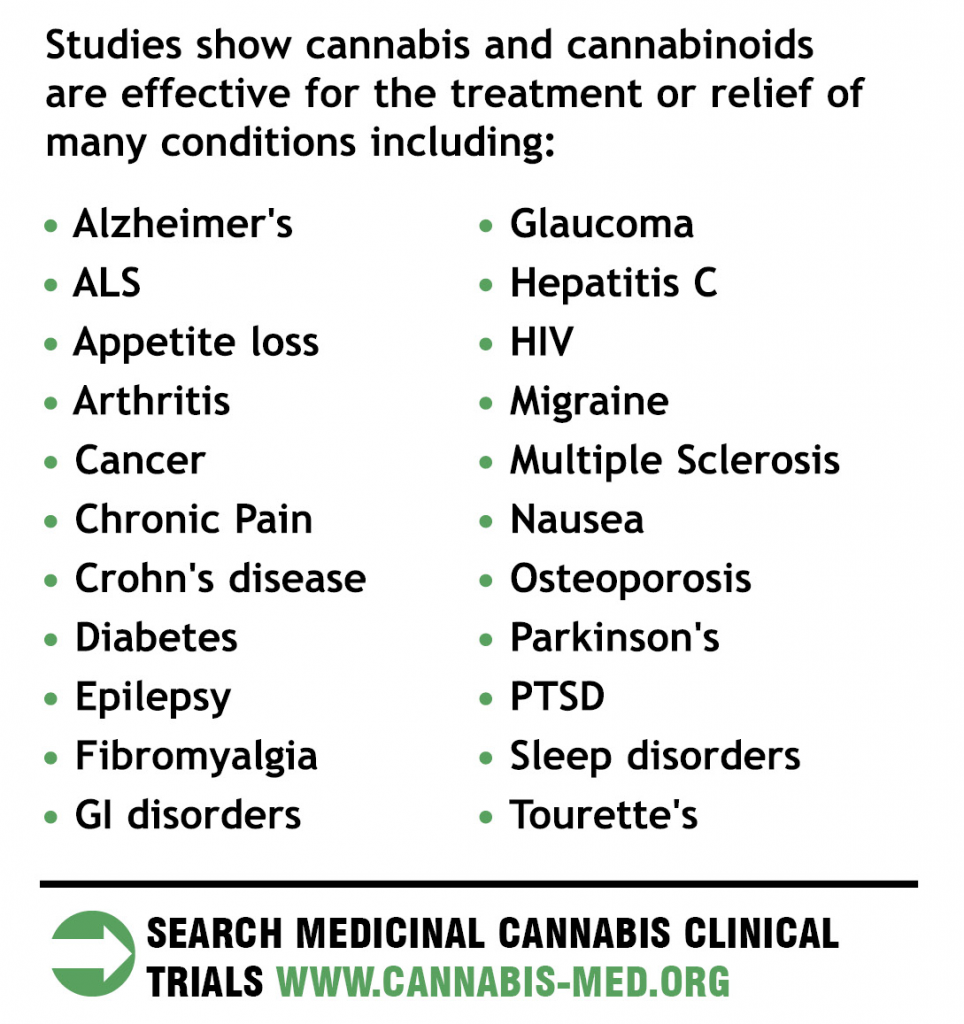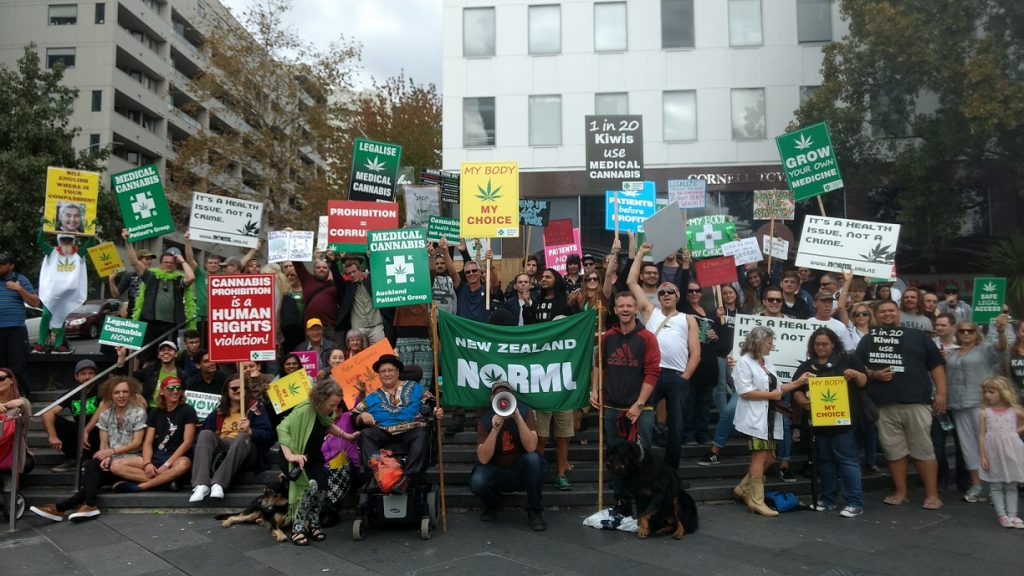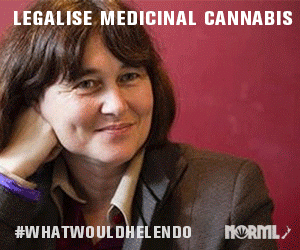By Chris Fowlie. Originally published on The Daily Blog, 19 December 2019
Minister of Health David Clark has released the regulations for New Zealand’s medicinal cannabis scheme, and it looks like Kiwis will have one of the best medicinal cannabis schemes in the world.
When the regulations take effect on 1 April 2020, any doctor will be able to prescribe THC and CBD products to any patient for any condition, with confidence the products are safe, tested and true to label.
There will be no more requirement for specialist sign off, and no more politicians having the final say. This is huge!
A wide range of products will be permitted, with each assessed by a new Medicinal Cannabis Agency within the Ministry of Health.
Patients will have options and choices, and everyone can have confidence in the products.
There will be cannabis vaping products, edibles, tinctures, balms, lotions, tablets, softgels, suppositories, transdermal patches and dried flowers.
Dried cannabis can’t be supplied for smoking, but patients could use the flowers to make their own homemade remedies, if they want to.

Local commercial production will be allowed for the first time, and licences are cheaper and simpler than first proposed.
The scheme looks viable for a local industry to function and get products to market – which in turn is important for patients and doctors.
Locals and small players get a hand up: the fees are not prohibitive; local (illicit) genetics can be adopted into the scheme; local nurseries can supply other growers; and imports won’t get unfair advantages.
The regulations recognise the industry must be commercially sustainable to actually deliver healthcare benefits to patients.
A regulatory impact assessment on the Treasury website refers to MBIE projections that the market size is likely to be $50 million in New Zealand, plus another $250 million in export sales.
Those exports are crucial in allowing multiple producers to reach scale needed to compete with imports, bring prices down, employ locals, and keep the benefits of the scheme onshore here in Aotearoa/New Zealand.
The document also signals a $650,000 bid for government-funded prescriber education. This is crucial and impressive: doctors need the knowledge to prescribe with confidence and it should come from a trusted independent source.
All products, whether made in New Zealand or imports from foreign booze-owned corporates, must pass a New Zealand Standard before they can be supplied.
The standard will be based on the European pharmaceutical version of GMP (Good Manufacturing Practice).
This is likely to mean products will be more expensive than what we see overseas, but should also increase opportunities for exports which will in turn drive down costs.
It also looks like regulators have dropped a previously flagged alternative to permit Canadian-style GPP-grade products in addition to the European GMP-grade.
Theoretically this would have allowed cheaper products, but hard evidence of this was difficult to obtain.
Costs and time will be greatly mitigated by not requiring clinical trials. This sensible approach recognises cannabis is not a newly-invented novel pharmaceutical but has a long history of traditional therapeutic uses around the world.
But a lack of trials also means products can’t be marketed, which could reduce uptake.
Some companies may choose to run expensive trials in order to gain approval to market their product. That could require millions of dollars (pushing up prices) but may be worth it in extra sales (which would reduce prices).
It’s difficult to predict how this will play out until it happens.
With no prescription subsidies and no right for patients to grow their own, I think affordability and self-sufficiency will only be resolved if voters decide to make cannabis legal in the referendum.
The referendum’s Cannabis Legalisation and Control Bill would allow adults to grow 2 plants each, or 4 per household, and would permit non profit transfer such as gifting small amounts.
A majority Yes vote would also allow cheaper products in stores such as those seen overseas.

After decades of campaigning, I’m continually amazed we’re even discussing this, let alone witnessing it actually happen.
Just three years ago this wasn’t even on the agenda.
Then Helen Kelly stood up, as she was stricken with cancer. Helen galvanised a huge nationwide outpouring of support and inspired hundreds of people to fight for progress.
A new patient advocacy group called Medicinal Cannabis Awareness New Zealand was born. They’ve been incredibly effective.
NORML and Auckland Patients Group organised a series of rallies across 2017, an election year, that culminated in Labour pledging #LetsDoThis
After winning the election, Labour kept their promise of introducing legislation within 100 days, with the support of the Greens and NZ First.
As the Bill went through, I described it as lacklustre and the reaction as ambivalent.
But I think the Government has listened to what people wanted, and patient and industry advocates have secured many improvements.
These regulations are a massive improvement on what we originally thought of the Bill when it passed.
The medicinal cannabis regulations released today show how far we have come, the remarkable progress we have achieved, and what we still need to do.
Take a moment to celebrate. Tomorrow we keep pushing.
***
Chris Fowlie is the CEO of Zeacann Limited, a medicinal cannabis producer; co-founder of the New Zealand Medical Cannabis Council; president of the National Organisation for the Reform of Marijuana Laws NZ Inc; co-founder of The Hempstore Aotearoa; resident expert for Marijuana Media on 95bFM; cannabis blogger for The Daily Blog, and court-recognised independent expert witness for cannabis. The opinions expressed here are his own.
***


